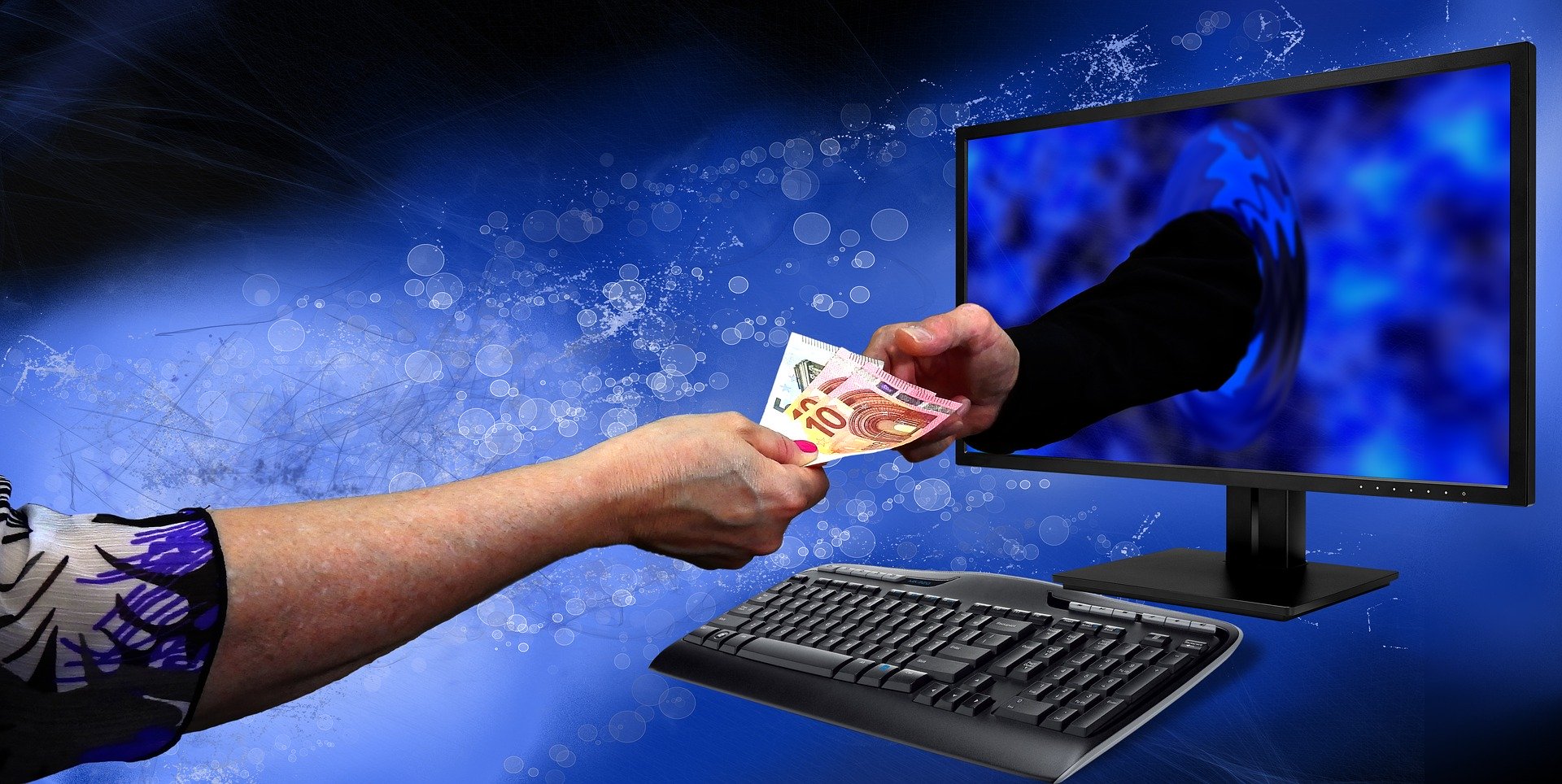
Getting Charged for an Online Transaction – CBDT Warns!
While we all sit at home fighting novel coronavirus, online transactions have geared up in terms of payments. People are now avoiding ATMs, refusing to use cash, and online payments have become their first choice. It also promotes the ‘Digital India‘ campaign and helps in lowering the risk factors of Covid19.
On Monday, CBDT or The Central Board of Direct Taxes alerted banks that it will take punitive action if they levy any transaction charge on electronic payment modes. Online payment is promoted by the government to encourage a ‘cashless economy‘ and adding these transactional charges would hinder their motive. CBDT issued a circular saying that the banks that have collected such charges from 1 January 2020 should refund the amount to its customers in time.

Officials said the policy-making body had received a tip that some banks were imposing unnecessary charges on Unified Payment Interface (UPI) transactions. These banks allow a certain number of transactions and charge a fee to the customer if the maximum limit is exceeded.
Charges over Online Transactions
CBDT also mentioned that these malpractices carried out by the banks are a breach of the Payment and Settlement Systems (PSS) Act. They said that the banks are also violating the Income-tax Act and if it continues, then it would invite penal actions for these banks under both enactments.
Ankur Goyal issued a circular under GOI stating that “These unethical practices by banks is a violation of the law as per section 10A of the PSS Act.” He added that Section 269SU of the IT Act will also be applicable. Breach such laws draws penal provisions under section 271 DS of the IT Act as well as section 26 of the PSS Act, concluded Ankur.
Many private banks are charging Rs 2.5 to Rs 5 for a single transaction done using the Unified Payments Interface (UPI). Not just that, the amount is deducted after every transaction which sums up to more than 20 times a month on the average. It is reported that Bankers have introduced these charges to control the number of transactions done in a day and handle a load on the system.
According to the Income Tax Act, if an individual fails to provide the facility of electronic payments trough specified modes, then they are liable to pay a penalty of ₹5,000 a day throughout the period of omission of the service.


